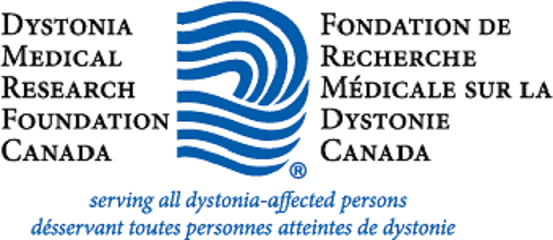About the Study
Dr. Talyta Grippe at the Toronto Western Hospital is recruiting for a study that aims to understand how the interactions across different areas of the brain of a dystonia patient differ from those without dystonia. This study involves 1 study visit that is 4 hours long. To collect the study’s data, the researchers are using a noninvasive brain stimulation technique called transcranial magnetic stimulation (TMS) and electrical stimulation.
TMS is carried out by resting wire coil devices directly on the scalp on the top left of the head and back of the neck to deliver magnetic stimuli to brain areas located beneath the skull. This causes brief twitching of the hand muscles that are controlled by the stimulated brain area, and these twitches are recorded by sticker electrodes. Participants will also experience brief twitching of the scalp, forehead, face and neck muscles that are close to the TMS coils. The risk associated with TMS is minimal. The study is strictly adhering to the currently published TMS safety guidelines in this study, and as an extra precaution, if a person has ever had a seizure in the past, they do not qualify for the research. This study will also use low-intensity electrical stimulation on the hand and eyebrows, which might generate a small discomfort.
On May 16 at 2 pm Eastern Time, DMRF Canada facilitated a live presentation with Dr. Talyta Grippe to explain the process and answer questions for those interested in participating in the research study below. This session is intended to provide potential participants the information prior to signing up for this study. You can view a recording of this session here.
Eligibility:
Inclusion Criteria |
|
Exclusion Criteria (subject is eligible if all are checked no) |
|
Recruitment Deadline: September 2024.
For participation in this research and other studies, please contact Dr. Grippe at talyta.cortezgrippe@uhn.ca or if you’d like to contact the Chen Neuro Lab chenlabneuromod@uhn.ca
This study is part of the 2023 – 2025 DMRF Canada Clinical and Research Fellowship (Supported by Merz Therapeutics) granted to Dr. Talyta Grippe.
